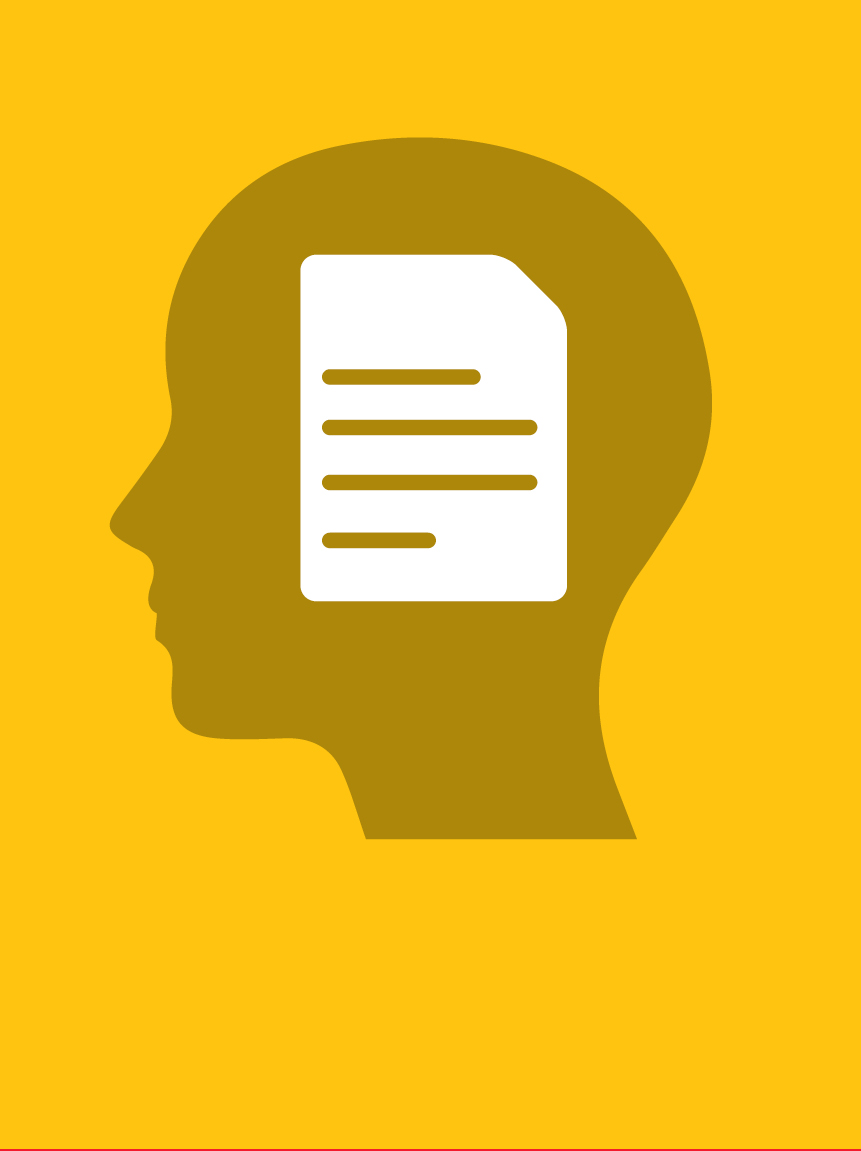 ORAL COMMUNICATION
ORAL COMMUNICATION
The ability to verbally articulate your thoughts and ideas clearly and effectively with your colleagues and outside of your organization.
oral communication icon
THE #1 SKILL EMPLOYERS VALUE
“Must have strong oral and written communication skills.”
If you’ve searched for a job or internship, you’ve seen this requirement in one form or another. According to the American Association of Colleges and Universities (AAC&U), the ability to communicate orally is the number one competency sought by employers.
So, what does it mean to have strong oral communication skills, and how does your degree prepare you to use oral communication skills in the workplace? The good news is that your American University degree and campus experiences do develop this skill, whether you’ve majored in the liberal arts and sciences or business.

WRITTEN COMMUNICATION
The ability to articulate your thoughts and ideas clearly and effectively in writing with your colleagues and outside of your organization.
written communication icon
What does ‘writing well’ mean, anyway? Every day we read email and texts, perhaps articles or essays; in an employer’s case, he or she also reads many resumes, cover letters, and personal statements.
Whether you’re writing a resume, an email or an academic essay, writing skills are critical.

COLLABORATION/TEAMWORK
The ability to build collaborative relationships with colleagues and customers representing diverse cultures, races, ages, genders, religions, lifestyles, and viewpoints.
orange collaboration/teamwork icon
Most projects/tasks in the workplace are carried out by teams. What do you need to do to make sure you’re a productive and successful team member at your future workplace? How would you market your team readiness to your future employer?
AU students have no shortage of excellent teamwork opportunities as an integral part of their AU experience through academic studies, internships and extracurricular activities.

CRITICAL THINKING/ANALYTICAL REASONING
The ability to obtain, interpret, and use knowledge, facts, and data to analyze situations, make decisions, and solve workplace problems.
teal critical thinking icon
The successful candidate will…
“Provide research and analysis…”
“Experiment with new and creative ways to leverage our activities…”
“Analyze quantitative and qualitative data…”
If you have seen position descriptions with phrases like these, you are looking at jobs where you will be expected to demonstrate your critical thinking and analytical reasoning skills. So, what does it mean to have these skills, and how will you show an employer you fit the bill?

DECISION MAKING & ETHICAL JUDGMENT
The ability to act with integrity, critically examine your own values, and respect how different values might be applied to address complex and ambiguous problems.
blue decision making icon
The ability to act with integrity, critically examine your own values, and respect how different values might be applied to address complex and ambiguous problems.

QUANTITATIVE/APPLIED TECHNOLOGY
The ability to work with numbers and understand statistics, generate and manipulate data using technological tools, and stay current on changing technologies and their applications in the workplace.
Purple technology icon
While the top five skills in our Career Skills Initiative are critical to developing a professional career, it is often a specific applied skill that can make the difference in whether or not you get that first job. What are these skills? That depends on your discipline. If you are interested in social sciences, and seek a job as a research assistant, then the ability to analyze quantitative and qualitative data is key. Add another statistics class, and increase your proficiency in Stata, SPSS or Qualtrics, for example. Are you interested in communications? The ability to design, create and edit websites will supplement your writing skills. Find out what skills are most in demand in your field through research: conduct information interviews in your field, research the career, and peruse the job listings. What tools do employers want you to know? Refer to our “Related Links” tab to identify resources for learning this skills, such as Lynda.com, available for free to students.
young african-american man wearing glasses and white lab coat using ipad to record information. background: room with pipes and guages
Digital technology is all around us, and it’s constantly evolving. Hear from employers on new ways to improve your proficiency to best showcase your digital technology skills. Watch the Digital Technology video on CareerSpots.

